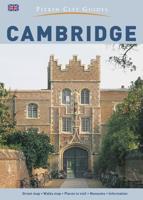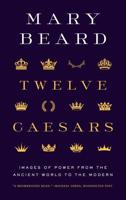Publisher's Synopsis
Whitehaven was just a fishing village on the Cumbrian coast until the port was developed by the Lowther family in the seventeenth century to export coal from the Cumberland coalfield. In the next century it benefitted from the trade in tobacco, sugar and other products with the West Indies to become the second busiest port in the country. The wealth brought to the area was demonstrated by a new town, the most complete example of a Georgian planned town in Britain. Built on a grid system, the town has over 170 listed buildings. Alongside the Old Fort and Whitehaven Castle, which later became the hospital, are historic houses, shops, churches, civic buildings, hotels, public houses and banks as well as reminders of Whitehaven's industrial heritage around the harbour, the colliery and the railway. Although the port has declined in recent years and mining ceased in the area, the harbour has been regenerated with a marina and the old colliery buildings preserved and turned into a museum. Whitehaven in 50 Buildings explores the history of this fascinating Cumbrian town through a selection of its most interesting buildings and structures, showing the changes that have taken place in Whitehaven over the years. The book will appeal to all those who live in Whitehaven or who have an interest in the town.








